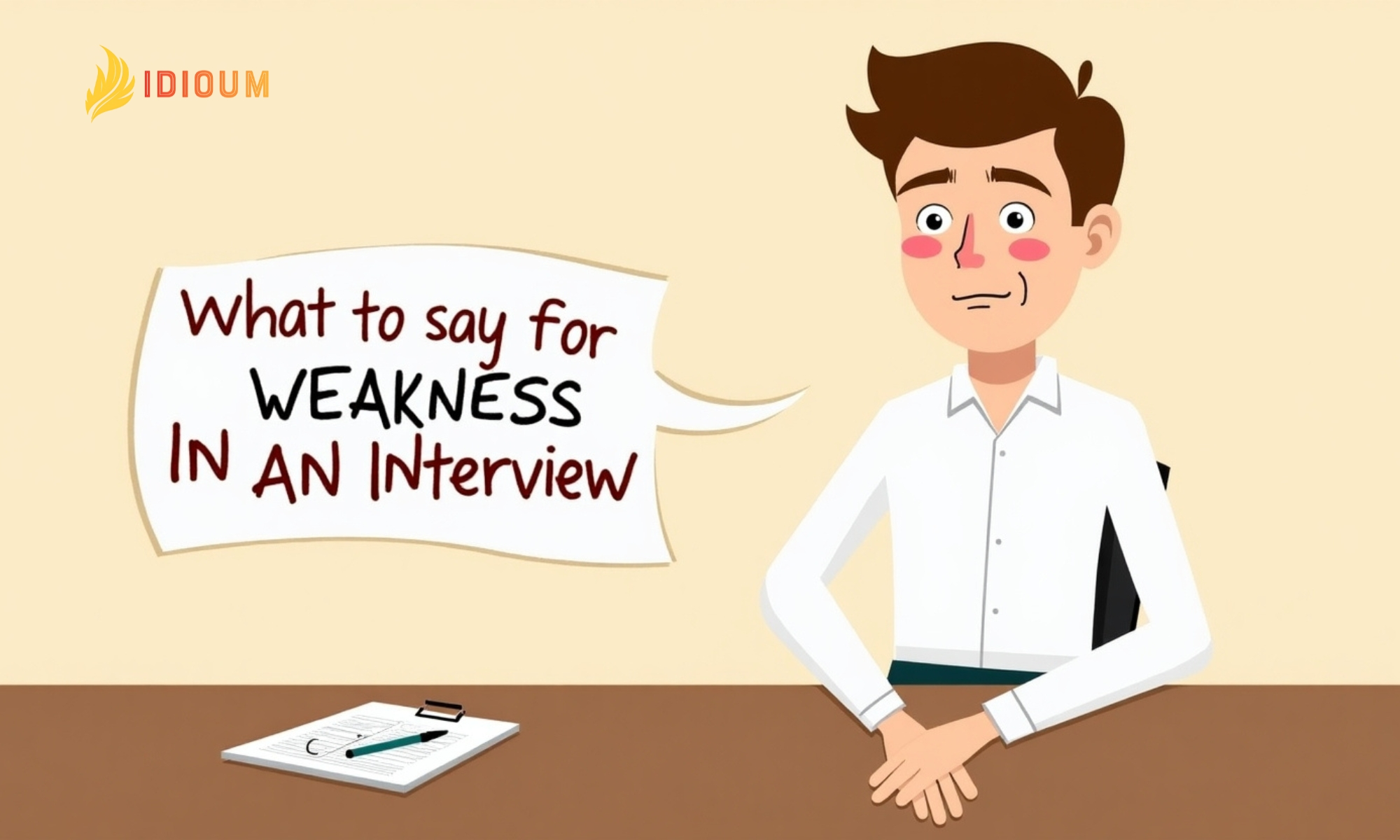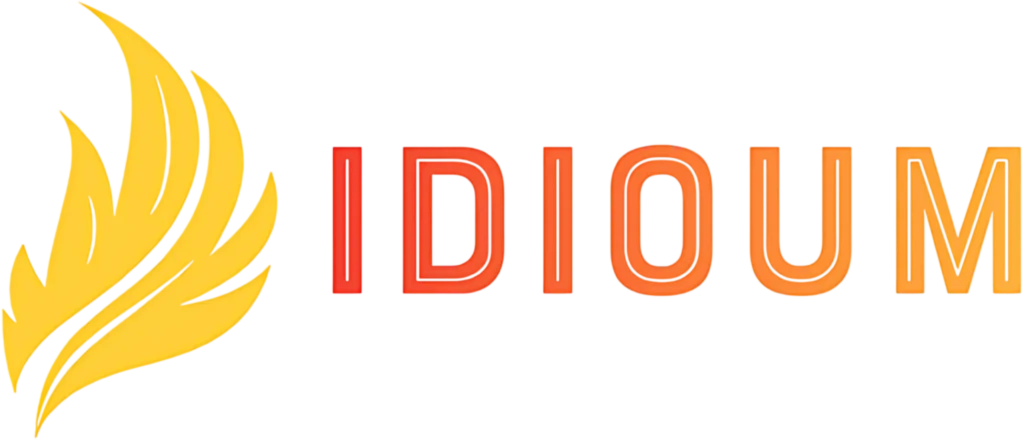Job interviews can feel nerve-wracking, especially when you hear that dreaded question: “What’s your biggest weakness?” You want to be honest, but not too honest.
You want to show self-awareness, but also strength. That’s why knowing exactly what to say for weakness in an interview matters.
Many people freeze or fumble through this part. The truth is, this question isn’t meant to trap you. It’s your chance to show how you grow from challenges.
If you get it right, it can even boost your chances of getting hired.
In this guide, you’ll learn what to say (and what to avoid). We’ll go over real examples and tips so you feel ready and confident walking into your next interview.
Ready to make a great impression, even when talking about weakness? Let’s dive in. 👇
Why Do Interviewers Ask About Weaknesses?
Interviewers don’t ask about your weaknesses just to make you sweat. They want to learn how you handle challenges and respond to self-improvement.
If someone says, “I have no weaknesses,” it can come off as arrogant or dishonest. On the other hand, being too negative can hurt your chances too.
What they’re really looking for is:
- Honesty and self-awareness
- Willingness to grow
- Emotional intelligence
For example:
❌ “I’m just a perfectionist and work too hard” – This sounds like a brag.
✅ “I sometimes take on too many tasks because I don’t like saying no. But I’ve been learning to set clear priorities and communicate better with my team.”
That kind of answer shows growth. The key is to pick a real weakness and then share what you’re doing to improve.
How to Choose the Right Weakness to Share?
Not every weakness is good to mention in an interview. Choose one that:
- Isn’t a core part of the job
- Is real but manageable
- Shows growth
Here’s a simple way to pick:
- List past feedback from jobs or school.
- Ask yourself: “Does this weakness stop me from doing this job well?”
- If not, use it.
Example: If you’re applying for a sales job, don’t say you hate talking to people.
✅ “I used to struggle with giving presentations. I joined Toastmasters to improve, and now I lead team meetings.”
❌ “I’m really bad at time management” – unless you explain clearly how you’re fixing it.
Stick with soft skills like public speaking, delegation, or asking for help. These show you’re improving without hurting your chances.
What to Say for Weakness in Interview: Word-for-Word Examples
Now, let’s get to the heart of what to say for weakness in an interview.
Example 1: “I used to avoid giving feedback because I didn’t want to upset anyone. But I’ve learned how to be honest and kind at the same time. I even took a short course on communication, and now I lead peer reviews.”
Example 2: “I had trouble staying organized. I started using tools like Trello and Google Calendar, and now I plan my week ahead. It’s made a huge difference.”
Example 3: “I was nervous about speaking in meetings. So I started preparing key points ahead of time and asking one question in every meeting to build confidence.”
Each example follows this simple formula:
Weakness ➡️ How it affected you ➡️ What you’re doing to improve ➡️ Positive result
What Not to Say: Common Mistakes to Avoid
Some answers can hurt more than help. Here are things to avoid:
❌ “I work too hard” – This sounds fake or like a brag.
❌ “I have trouble getting along with coworkers” – Too risky.
❌ “I have no weaknesses” – Shows lack of self-awareness.
Also, avoid technical weaknesses if they are key to the job.
Example:
If you’re applying for a graphic design job:
❌ “I’m not great with Photoshop” – This could cost you the role.
Instead, focus on soft skills, and always include how you’re improving.
Practice Makes Perfect: Rehearse Without Sounding Scripted
You don’t need to memorize a speech. But you should practice your answer until it feels natural.
Here’s how:
- Write down your answer.
- Say it out loud a few times.
- Ask a friend to mock interview you.
- Record yourself and watch it.
This helps you stay calm and confident when the question comes up.
Bonus tip: Smile. Be relaxed. Confidence goes a long way, even when you’re talking about weakness.
Extra Tips to Make Your Answer Stand Out
Want to impress even more? Try these tips:
✅ Pick a weakness that ties into a strength. (e.g., “I care a lot about details, so I’m learning to trust others more.”)
✅ Show results from your growth. (e.g., “Now I lead a weekly team check-in.”)
✅ Keep it short and clear. Aim for under 90 seconds.
✅ Be honest. Interviewers can spot fake answers.
Final Thoughts
Talking about your weaknesses doesn’t have to be scary. In fact, it’s a great chance to show that you’re real, thoughtful, and ready to grow.
The key is knowing what to say for weakness in an interview and practicing until it feels right.
Pick a real challenge, share how you’re improving, and always stay positive. Your honesty and effort will shine through and that’s what interviewers remember most.












